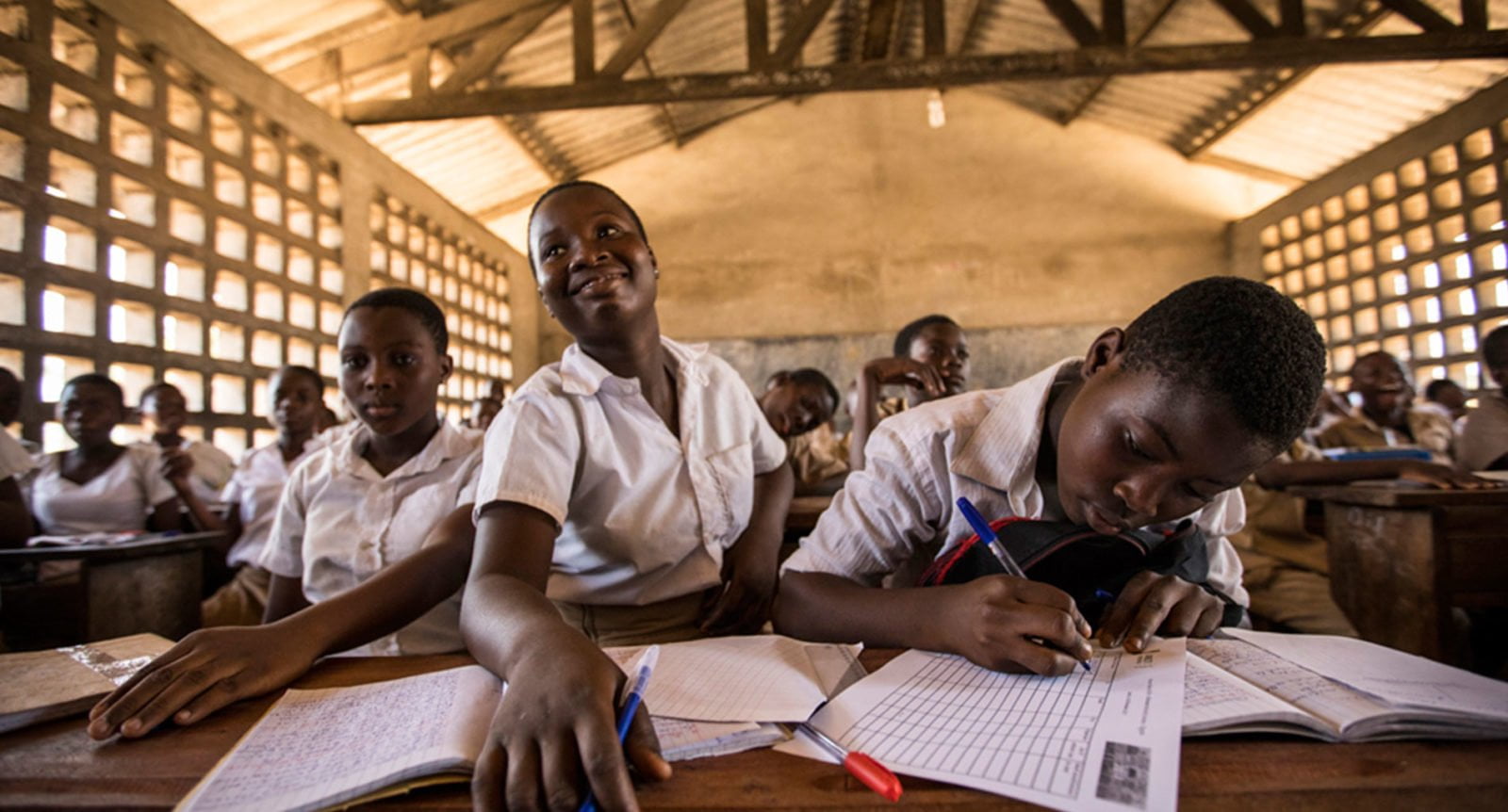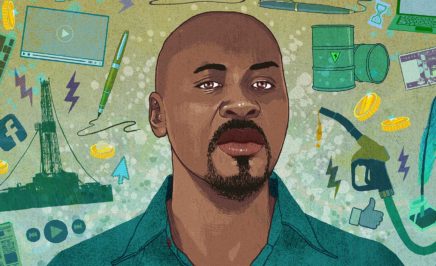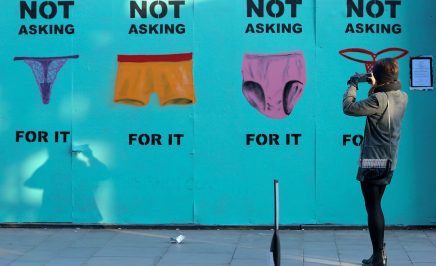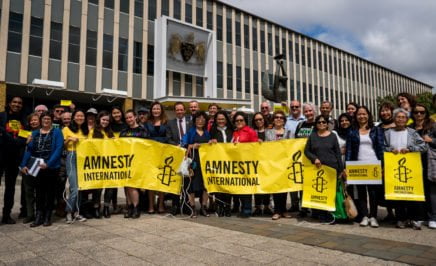What’s in a word? More precisely, what’s in a letter? Originally a way to express deeply personal thoughts and communicate with loved ones, the popularity of the letter fallen over the years.
And yet, every year, people around the world get together on 10 December, World Human Rights Day, to write letters. They write to people who are locked up unfairly – and to their family members. They write to the government leaders who put them there and demand they release them.
Last year, Amnesty supporters from around the world – like you – took an unprecedented 5.5 million actions as part of our global letter-writing marathon, Write for Rights. Your carefully crafted letters, drawings and postcards brought strength and comfort – and enough force to unlock prison doors. Their collective impact was undeniable.
- Mahadine was freed
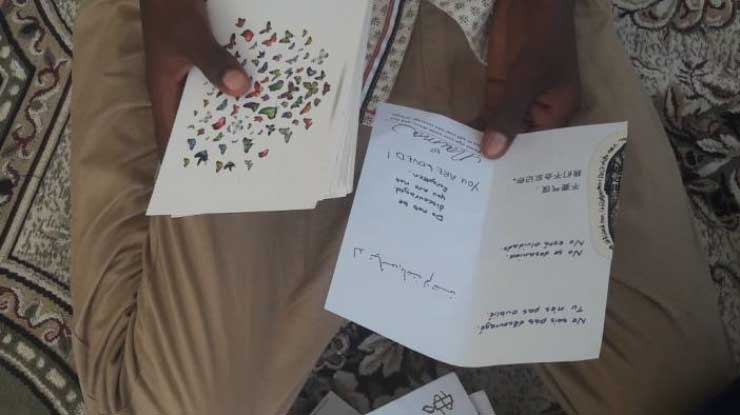
In April, Mahadine, an online activist in Chad, walked free after spending more than 18 months in prison on fabricated charges. He had been facing a life sentence for a Facebook post critical of the government. Supporters took more than 690,000 actions for him, including this solidarity card, read by his son.
“I want to express my gratitude to you all. I appreciate you, I love you, I respect you. Humanity.”
– Mahadine, online activist, Chad
2. Ni Yulan is safer
China’s Ni Yulan has braved decades of violent harassment for standing up for those evicted from their homes. Thanks to the hundreds of thousands who wrote in support of her, her situation has improved. “Due to the international attention [on my situation], the police have reduced their assaults, verbal abuse and violations of my rights,” she said.
“Thank you to those of you who wrote for me. Your generous support has not only helped me but also advanced China’s human rights.”
Ni Yulan
3. Hanan received urgent healthcare
Hanan Badr el-Din had been demanding answers from the authorities since her husband disappeared at their hands in July 2013. Her experience led her to co-found an association for families whose loved ones had similarly disappeared in Egypt. But her work was cut short in May 2017, when the authorities arrested her on false charges. Hanan’s health deteriorated in prison, but thanks to the more than half a million people who took action for her, she received the care she needed. Her family say this is a direct result of the international attention focused on Hanan through Write for Rights.
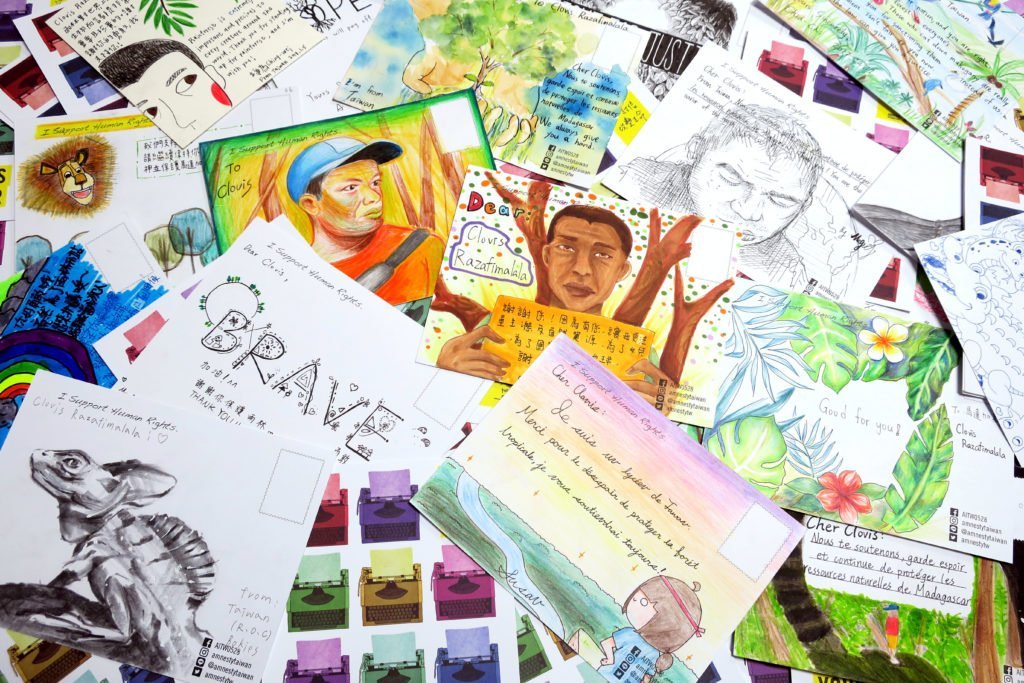
4. Clovis’ activism was rewarded
Clovis’ dedication to saving Madagascar’s precious rainforest put his life in grave danger. But with his inclusion in Write for Rights came global media attention which has changed his situation in his native country. Today, local organisations show open support for him, awarding him a prize for his environmental activism. “I don’t know how many letters I received, but it’s in the thousands,” he said.
“I have even received letters from school children from Canada, all the way to Amsterdam. It is incredibly touching, and really gives me courage. The Amnesty campaign has made a massive difference for me, because it has echoed my story worldwide. And now, I am on my way to receive the prize of 2017 Brave Malagasy. It makes me really proud, and it makes me want to continue the fight.”
5. Xulhas’ family felt supported
Xulhaz Mannan’s brave defence of LGBTIQ rights in Bangladesh, which ended in him being murdered in his own living room, touched people across the world. Hundreds of thousands of people demanded justice for him, while also sending words of friendship and support to his family. “I have just received the packs and opened one or two to find the cards and letters – amazing,” said his brother Minhaz.
“So much care and love for Xulhaz, can’t believe my eyes, thanks to all of you for this.”
6. MILPAH lives to fight another day
The MILPAH Indigenous Movement has braved threats and intimidation in Honduras as they defend their land against corporations bent on exploiting that land for profit. But with global support, members of the movement have said their safety has improved. “It is thanks to Amnesty International and other international organisations that we are still alive,” they told us.
“We haven’t been able to read all of the letters but they’ve come from so many countries around the world. We are happy and proud to have friends from all over the world: children, young people, adults. We thank you for the support. It gives us strength. We do not feel alone. It gives us more courage and with this we continue defending human rights and the environment.”
7. Sakris has the support of thousands
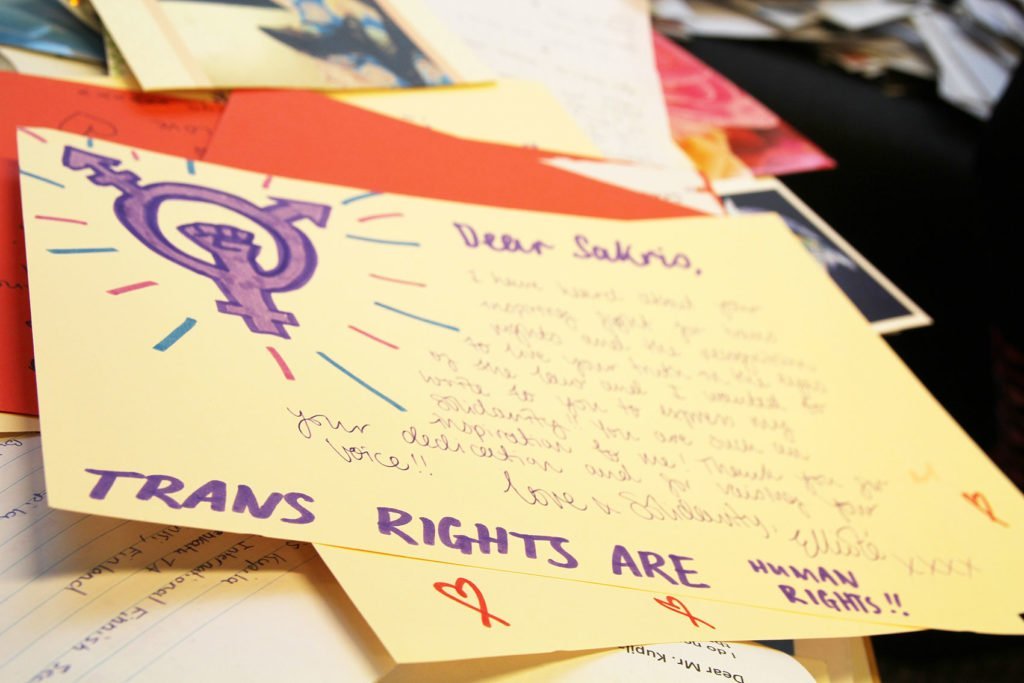
Sakris Kupila is a medical student, youth activist and defender of transgender rights in Finland. When he first started working with us, things weren’t easy. He was being harassed, feeling isolated, and was facing lots of hostility – even at university. But being part of Write for Rights gave him a platform and the respect he deserves. “I’m less of a token or strange object and more of an individual who happens to be trans, and other things besides that,” he said.
“It is unbelievable to see how many people took action and cared.”
8. Shackelia’s message has gone global
More than half a million people echoed Shackelia’s calls for justice in the killing of her brother Nakiea. Reflecting on her long-standing campaign and the impact Write for Rights has had, she said:
“It is no longer a national outpouring of solidarity but a global one. Just the commitment towards writing letters to the Prime Minister and the things that are achievable as a result of that, it made me feel that I was in the best position in pursuit of justice…I saw the kind of resources that this activism takes and I was happy that Amnesty International was able to support me in this.”
9. Farid and Issa feel protected
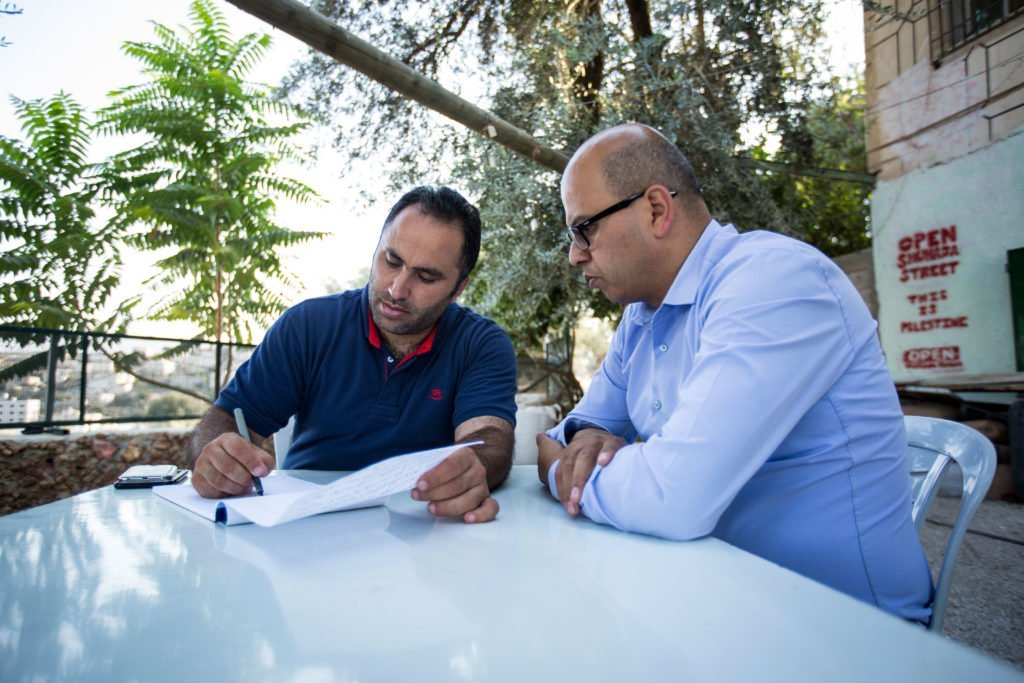
Human rights defenders Issa Amro and Farid al-Atrash have taken a peaceful stand against Israel’s illegal settlements in the city of Hebron and other places in the occupied West Bank for years. And for years they have faced harassment and repeated arrests for their activism. But with Write for Rights turning the world’s attention to the authorities, the two men say they feel protected. “We never knew how much support we had from all over the world,” said Farid.
“People stood with us in order to pressure the Israeli authorities to drop all the charges against us and to stop harassing human rights defenders in the Occupied Palestinian Territories. We thank Amnesty and its supporters for standing with us and for highlighting our case in the Write for Rights campaign.”
10. Taner and the Istanbul 10 know the world is with them
Nearly 875,000 people wrote for the freedom of Amnesty Turkey’s chair Taner Kiliç and the Istanbul 10. Although the Istanbul 10 are no longer in prison, their freedom is still at risk, and Taner remains locked up. All are under threat simply for defending human rights. We continue to fight on until Taner is free and the charges against all are finally dropped. Günal Kurşun, one of the Istanbul 10, told us he kept the very first solidarity letter he received in his back pocket for good luck at his hearing in January.
“I was writing postcards and letters 15, 20 years ago, for different AI [Amnesty International] campaigns to Colombia to Egypt to Myanmar, I remember. Twenty years later I have now received letters…Thank you very much for sending, this is very valuable for me.”
